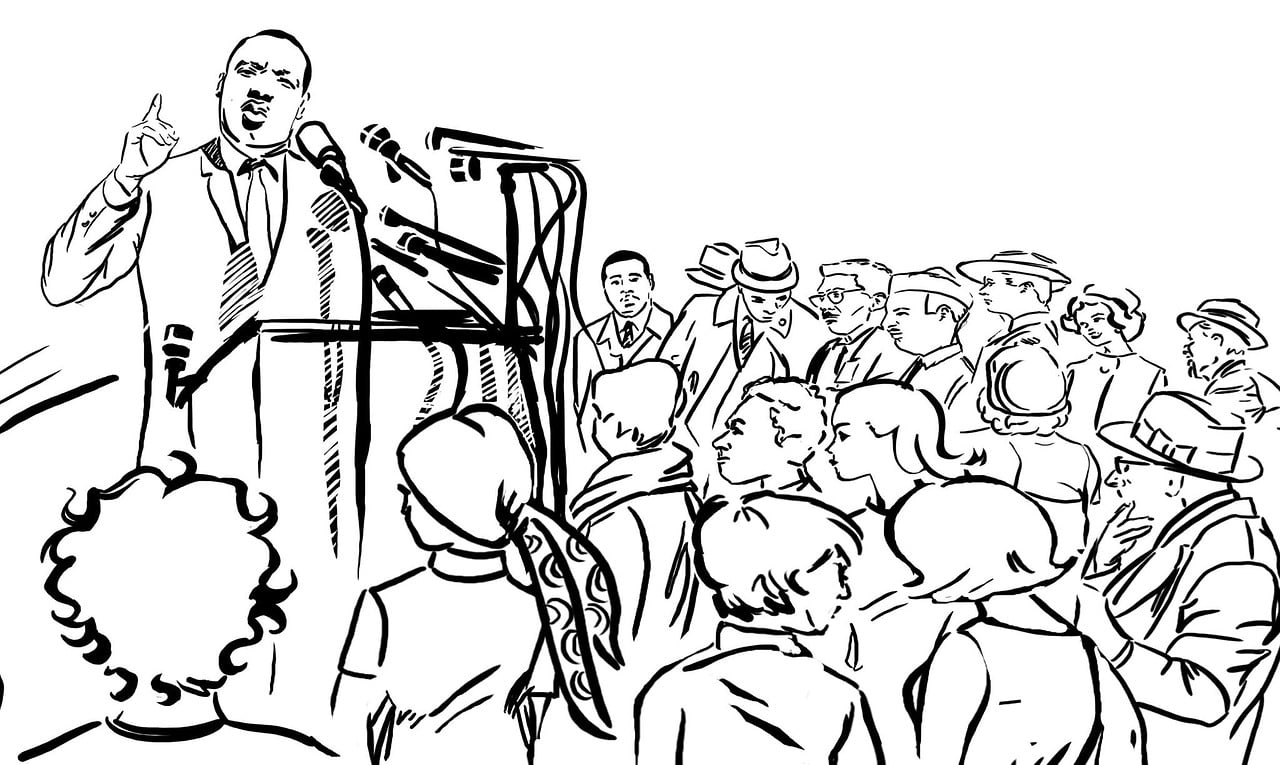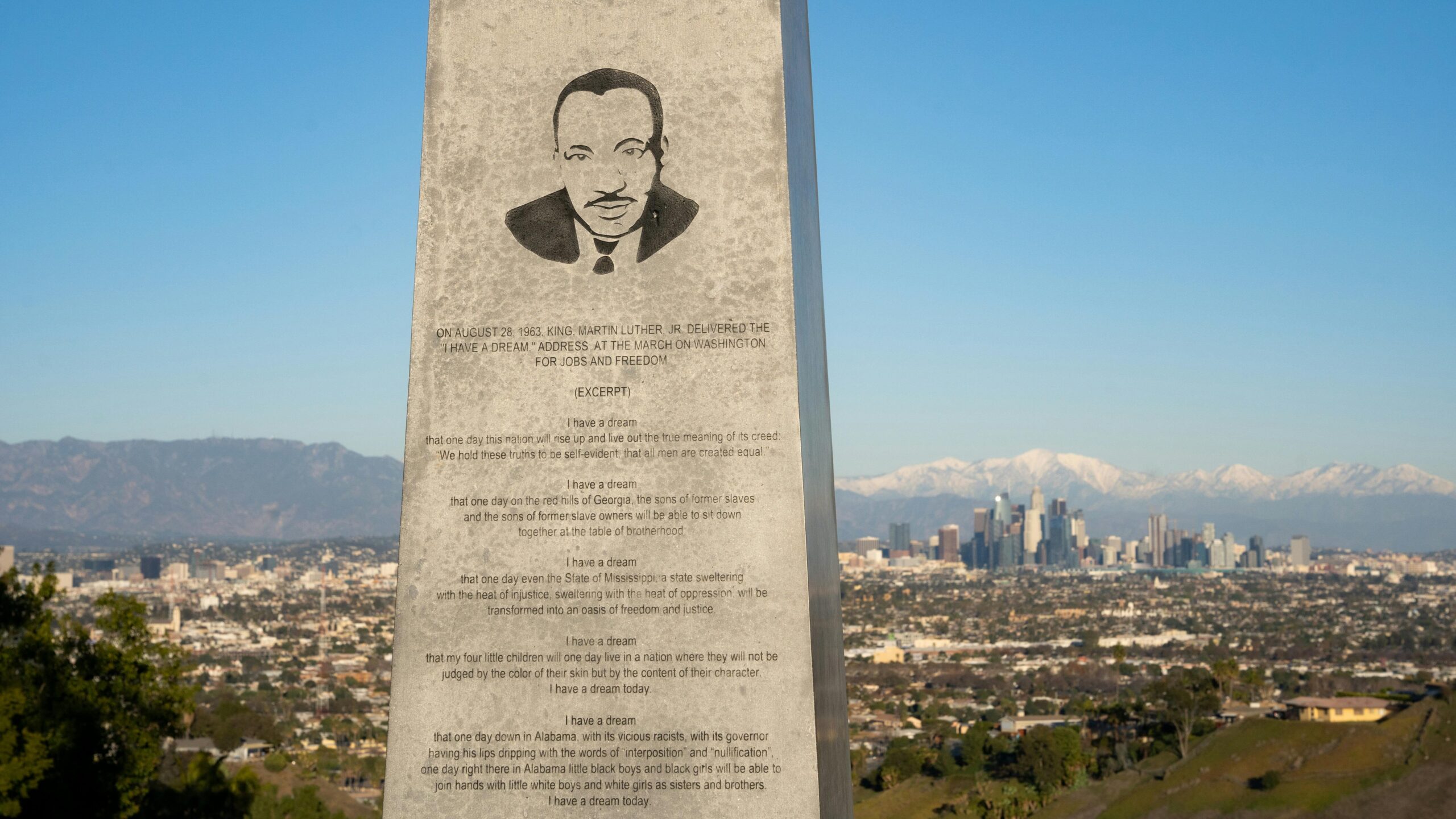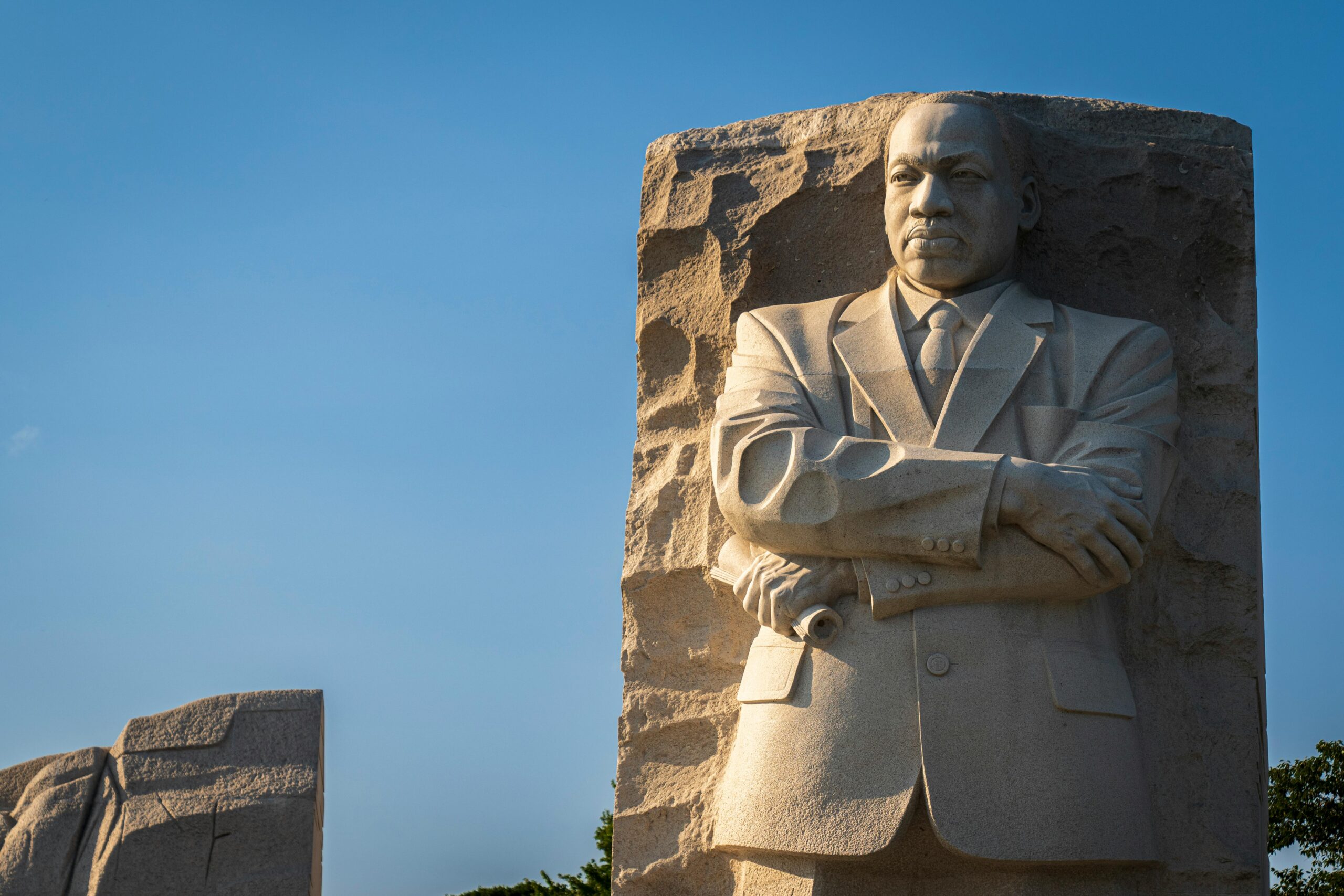
Get ready for a surprise as we delve into the life of the esteemed civil rights activist, Martin Luther King Jr. We have discovered 5 shocking facts about Martin Luther King Jr. that will leave you speechless.
While many are familiar with King’s famous “I Have a Dream” speech, did you know that he delivered over 2,500 speeches in his lifetime? This astonishing fact demonstrates his unwavering commitment to fighting for justice and equality until his tragic assassination in 1968. Join us as we uncover lesser-known aspects of King’s life
Early life and education of Martin Luther King Jr.
Born on January 15, 1929, in Atlanta, Georgia, Martin Luther King Jr. emerged from a middle-class background to confront the prevailing racial injustices of his era. Despite a privileged childhood, King’s early commitment to justice and education drove him to excel academically, entering Morehouse College at the age of 15.
Introduced to Gandhi’s teachings at Morehouse, King continued his educational journey at Crozer Theological Seminary and Boston University, ultimately earning a Ph.D. in systematic theology. These academic achievements not only shaped his perspective on social justice but also equipped him with the skills to articulate his beliefs and inspire others. King’s unyielding determination transformed setbacks into stepping stones, propelling him into a leadership role within the civil rights movement.
Key events and achievements of Martin Luther King Jr.

Throughout his life, Martin Luther King Jr. was involved in numerous key events and achieved significant milestones in pursuing civil rights. Here are some of the most notable:
Montgomery Bus Boycott:
King oversaw the nonviolent Montgomery Bus Boycott in 1955 as a protest against racial segregation on public transit. Montgomery’s buses were eventually desegregated as a result of the boycott, which lasted for more than a year.
March on Washington:
King led the 1963 March on Washington for Jobs and Freedom, which resulted in him giving the well-known “I Have a Dream” speech. The march played a key role in promoting equal rights for African Americans by uniting a diverse group of civil rights advocates.
Nobel Peace Prize:
King, who was 35 at the time, was the youngest recipient of the Nobel Peace Prize in 1964 as a result of his peaceful opposition to racial injustice. His efforts to advance civil rights through nonviolent means were acknowledged with this prize.
Voting Rights Act:
King was a key figure in the movement to pass the Voting Rights Act of 1965. This law greatly increased African Americans’ ability to cast ballots and attempted to end racial discrimination in voting.
Chicago Freedom Movement:
The Chicago Freedom Movement was started in 1966 by King and other civil rights activists in response to racial inequity in the country’s northern cities. The movement concentrated on job opportunities, education, and housing segregation.
These key events and achievements highlight King’s tireless efforts to bring about social change and his significant contributions to the civil rights movement.
Lesser-known facts about Martin Luther King Jr.

While Martin Luther King Jr.’s impact on the civil rights movement is widely recognized, several lesser-known facts about his life may surprise you. Here are some intriguing details that shed light on the lesser-known aspects of King’s character and experiences:
Musical talent:
Being a gifted pianist, Martin Luther King Jr. had a great appreciation for music. Music was a major part of his life and activities, and he turned to it frequently for inspiration and solace.
Academic accomplishments:
Martin Luther King Jr. was an exceptional scholar. Throughout his education, he demonstrated academic excellence and received multiple medals and accolades for his intellectual prowess.
Fear of swimming:
Despite growing up in Atlanta, a city known for its swimming culture, Martin Luther King Jr. was afraid of swimming. This fear stemmed from a childhood experience when a close friend drowned.
Encounter with Malcolm X:
Martin Luther King Jr. and Malcolm X, another prominent civil rights leader, met only once in their lives. The meeting took place in the U.S. Senate cafeteria in March 1964 and lasted only a few minutes. While their approaches to activism differed, both men shared a common goal of achieving racial equality.
FBI surveillance:
King’s activism and growing influence drew the attention of the Federal Bureau of Investigation (FBI). The FBI under J. Edgar Hoover conducted extensive surveillance on Martin Luther King Jr., hoping to undermine his reputation and discredit his leadership.
Top Controversies and criticisms surrounding Martin Luther King Jr.
Martin Luther King Jr. is widely admired for his role as a civil rights leader, but there are controversies and criticisms surrounding his legacy. Some people question aspects of his personal life, including alleged infidelity that emerged after his assassination. This has led to debates about whether personal behavior should influence our perception of public figures.
Apart from these personal concerns, critics argue that King’s approach to achieving racial equality, primarily through nonviolence, lacked the urgency needed for immediate change. They suggest that more radical methods were necessary to challenge deeply ingrained systems of oppression. Despite these debates, it is important to acknowledge and appreciate King’s profound impact on the civil rights movement and society, while recognizing the complexities involved in evaluating historical figures.
Martin Luther King Jr.’s speeches and quotes
King’s speeches and quotes are renowned for their power, eloquence, and ability to inspire. Throughout his life, King delivered over 2,500 speeches, each one contributing to his legacy as a remarkable speaker. Here are some of his most memorable quotes:
- “I have a dream that my four little children will one day live in a nation where they will not be judged by the color of their skin but by the content of their character.“
- “Darkness cannot drive out darkness; only light can do that. Hate cannot drive out hate; only love can do that.“
- “Injustice anywhere is a threat to justice everywhere.“
- “The time is always right to do what is right.“
- “Our lives begin to end the day we become silent about things that matter.”
Conclusion and the ongoing relevance of Martin Luther King Jr.’s teachings
In conclusion, Martin Luther King Jr. was a remarkable individual whose impact on the civil rights movement and society at large cannot be overstated. His tireless efforts, unwavering commitment to justice, and remarkable oratory skills continue to inspire individuals to stand up against injustice and fight for equality.
Despite the challenges he faced and the controversies surrounding his life, King’s legacy remains a beacon of hope and a call to action. His teachings on nonviolence, love, and the pursuit of justice are as relevant today as they were during the civil rights era. Let us honor his memory by continuing to strive for a more just, equitable, and inclusive society.
Also, read about Queen Elizabeth II